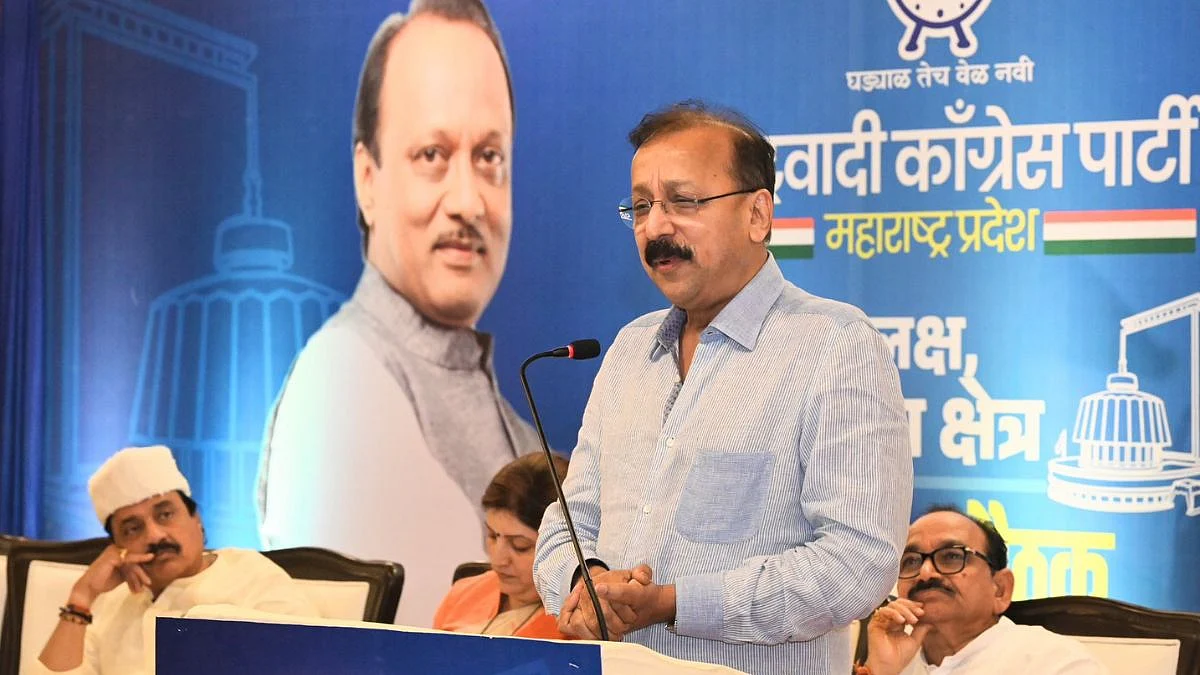Ayurveda, an ancient system of medicine that originated in India, has been experiencing a revival in recent years, gaining global recognition for its holistic approach to well-being.
This revival is driven by a growing interest in traditional and alternative healing methods, as well as a desire for a more holistic and personalised approach to healthcare.
From thousands of years ago, our Rishi Munis, sages, and seers, who were philosophical, poetic, and scientific with the scientific mind, having gone through and consumed most of the plants, vegetables, herbs, fruits, dry fruits, through forests, agriculture, and jungles, realised the properties of its healing, wholeness, self-repair, rejuvenation, cellular regeneration, correction, and curing methodologies.
And from the time man started writing and recording, Lord Dhanvantari, Sushruta, Charaka, and many other sages started contributing to this science.
India alone today has tens of thousands of detailing encyclopedias of herbs and their healing properties and curative nature. They are magical so to say, but it works completely scientifically.
Right from soothing your musculoskeletal structure to your soul, herbs can make you whole. Right from your skin to bones to tissues, cartilage, collagen and hair, herbs can heal you and make you whole.
Ayurveda views health as a balanced state of the body, mind, and spirit. It aims to address the root cause of imbalances rather than just treat symptoms. This holistic approach considers the individual’s unique constitution “Prakriti”, and focuses on restoring balance in the body’s doshas (Vata, Pitta, and Kapha).
Each person is unique, and what works for one individual may not be suitable for another. This personalised approach involves identifying an individual’s dosha, dietary recommendations, and lifestyle practices accordingly. This leads to more effective and sustainable results. By understanding an individual’s constitution and potential imbalances, Ayurvedic practitioners can recommend lifestyle changes, dietary adjustments, and wellness practices to prevent the onset of diseases. This proactive approach aligns with the modern focus on preventive medicine.
In the last 50 years and more with the growing side effects of the modern medical science, people realising its perils and also the modern day diseases which are becoming more and more dangerous and fatal, the resurgence of Ayurveda is springing up the renaissance of herbology.
Ayurveda uses natural remedies derived from plants and herbs and other natural sources. These remedies are often believed to have fewer side effects compared to synthetic medications, aligning with the population at large, looking for natural and herbal solutions.
Ayurveda recognises the intimate connection between the mind and the body. It emphasises mental well-being, stress reduction, and practices such as meditation and optimal movement therapy to achieve balance.
With people seeking holistic approaches to health and well-being, Ayurveda’s alignment with these wellness trends, along with its rich history and cultural significance, has contributed to its global resurgence.
As interest in Ayurveda grows, there is a renewed focus on scientific research to validate its principles and practices. The revival of Ayurveda is hence driven by its holistic approach, personalised medicine, emphasis on prevention, natural remedies, recognition of the mind-body connection and integration with modern medicine.
This ancient system continues to offer valuable insights into achieving and maintaining holistic well-being in the modern world.
Ayurveda certainly has the answers for healing, curing and rejuvenation, reversing of diseases and prevention of diseases. Longevity, immunity and vitality. Long live Ayurveda.
(Dr Mickey Mehta is a global leading holistic health guru and life coach; website: www.drmickeymehta.com)













